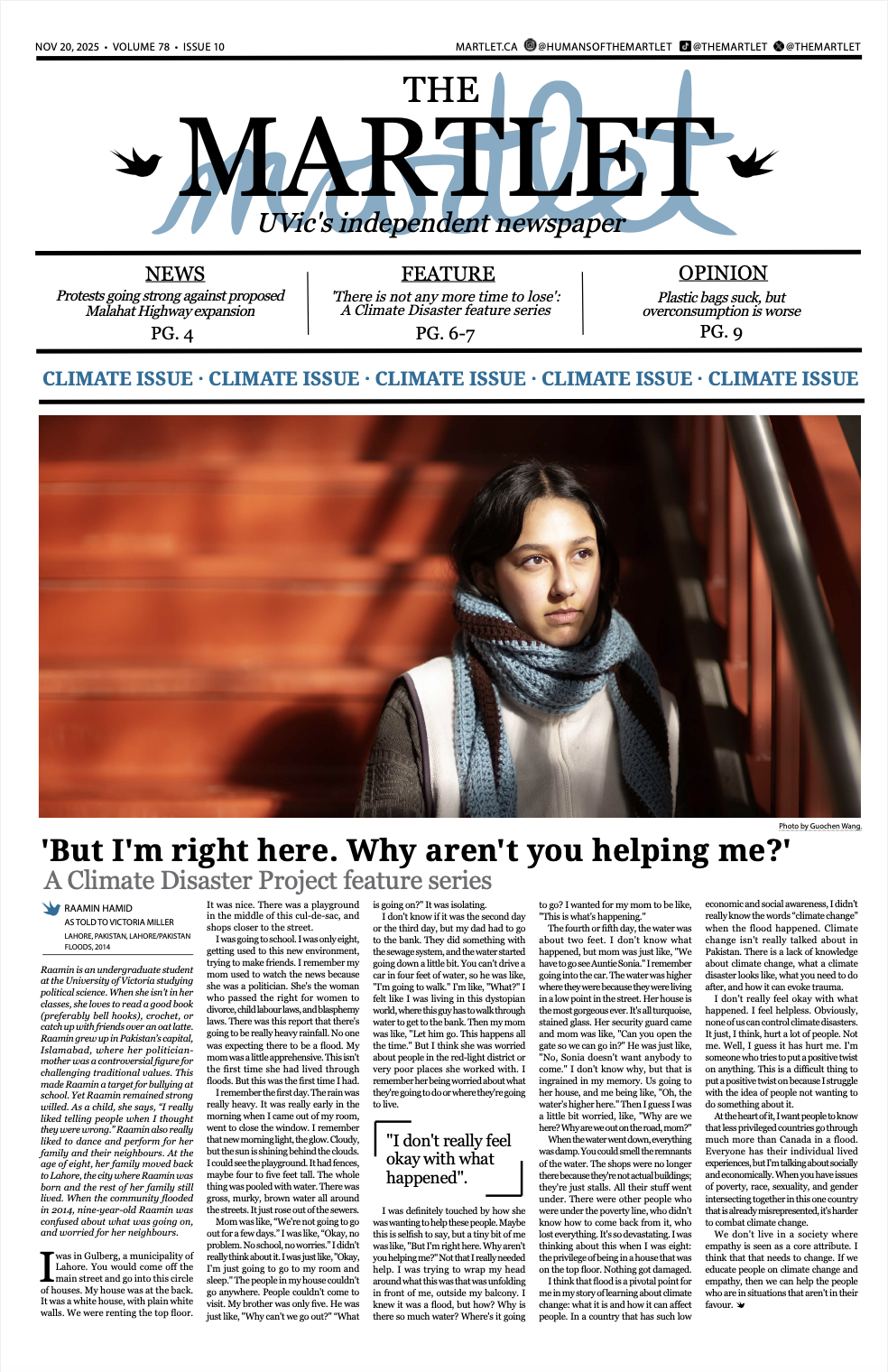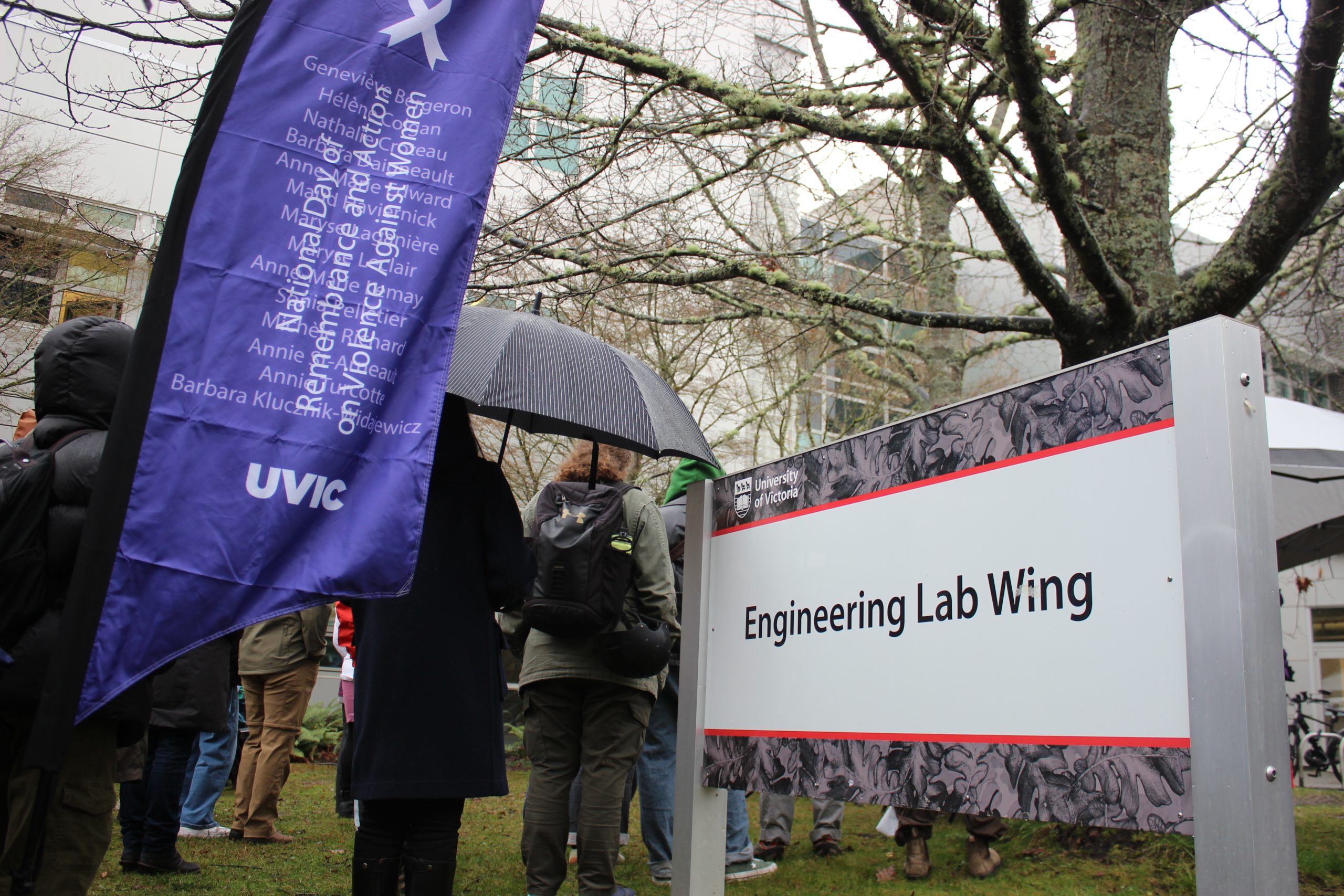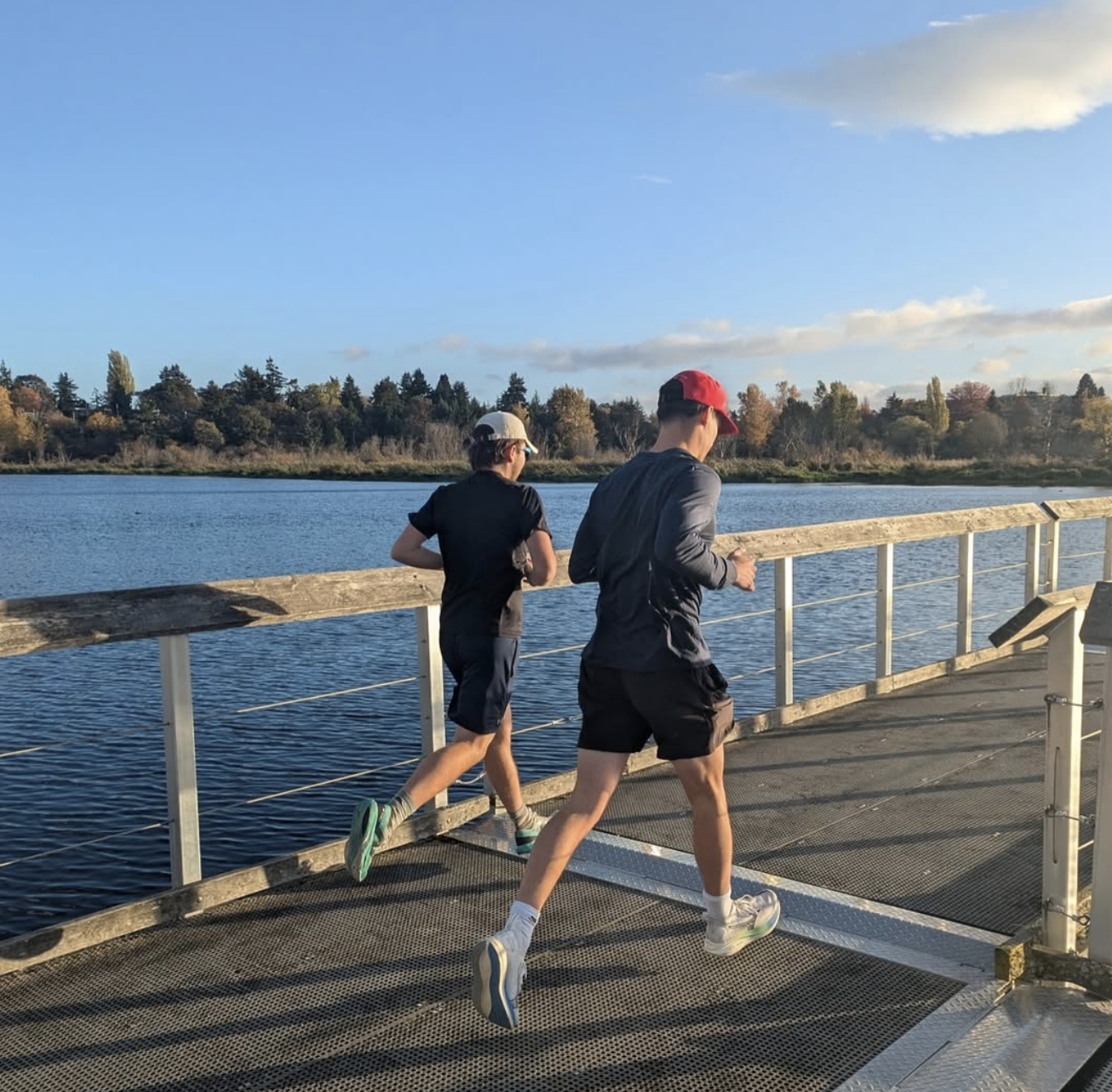Rose Henry is a champion for the underprivileged. She is the founder of the Victoria Coalition to End Homelessness and has sat on boards for the Together Against Poverty Society and the B.C. Public Interest Advocacy Centre. Henry has a long history of fighting for social justice. Her most recent battle has taken her all the way to the Supreme Court to fight a true Goliath—the Federal government. In 2008, she challenged An Act to amend the Canada Elections Act. According to the government, the amendment, which created stricter voter identification and vouching requirements, was meant to prevent fraud.
However, voter fraud has never been a substantial problem in Canada, and the provision would impede marginalized groups’ ability to cast their ballot. This violates Section 3 of the Charter of Rights and Freedoms, which guarantees the right of all citizens to vote.
According to the British Columbia Civil Liberties Association, “ . . . [T]he new voter identification rules impose a barrier to voting that disproportionately affects certain groups, such as homeless, Indigenous, and rural voters, and . . . there is little evidence to suggest there was a voter fraud problem to justify changes to the legislation. The government’s justifications for these measures do not outweigh the serious risk of disenfranchisement for marginalized and vulnerable individuals.”
Furthermore, according to Elections Canada, the Federal Elections in 2008, following the amendment, marked the lowest percentage of registered voter turnout in recorded history. How many electors were turned away at the ballot box for not having the proper identification is unknown.
Henry’s case went to B.C.’s Supreme Court in 2009. Justice Lynne Smith presided over the case, and found that although the provision did infringe on Charter Rights afforded by Section 3, the provision was justifiable under Section 1, which states that rights can be limited under certain conditions (when the law has a justifiable purpose proportional to the right it infringes). The provision was upheld.
On Feb. 4, 2014, the 252-page Fair Elections Act was introduced by the Harper government. Revisions to the Electoral Act included limitations on the Chief Electoral Officer, preventing him or her from encouraging citizens to vote, and the prevention of Elections Canada from publishing research and statistics. The bill also moves investigatory power from the hands of the Chief Electoral Officer to those of civil servants, whose paycheques come from the government.
And what of our friend Henry? Henry, with the help of a few friends, is looking into appealing her case. In a speech to the Senate, Victoria MP Murray Rankin stated that if Henry were to take her case back to the courtroom, she would surely win.
However, she sounds a bit tired of the whole thing. No supporters were present for her court case in 2009, besides her lawyers and two plaintiffs who assisted her. Considering the 60 000 Canadians who have so far signed a petition against the Act, I like to think she would receive greater support next time around.
I asked her what she would like the purpose of this article to be. She said she wants to encourage everyone to vote. Ultimately, she wants the Elections Act to be rewritten. “And a guaranteed livable income for all,” she added .
I certainly don’t aim to accomplish all that with an article, but I would like to offer a wake-up call. As Canadian citizens, we have a right and responsibility to be informed, and to show up to the ballot box on elections day.








